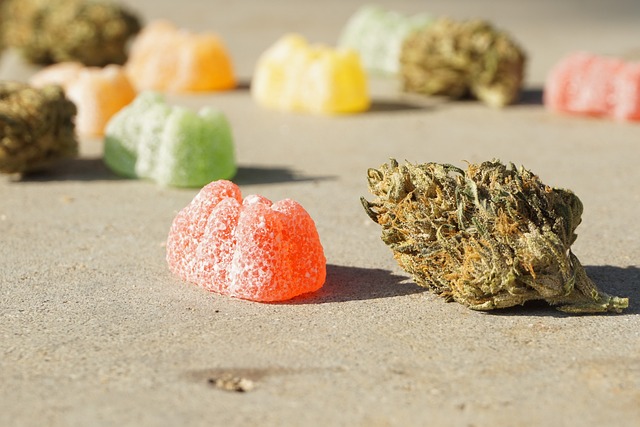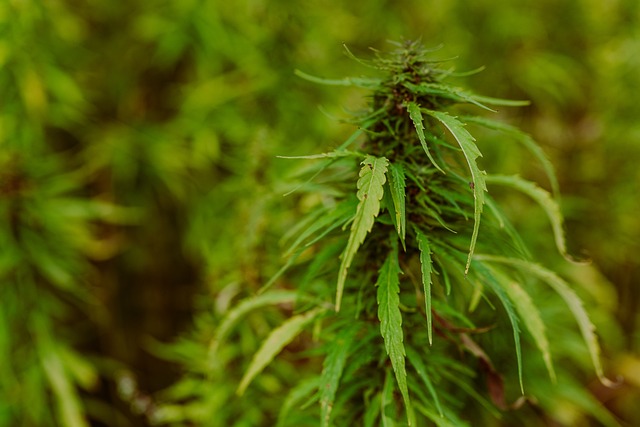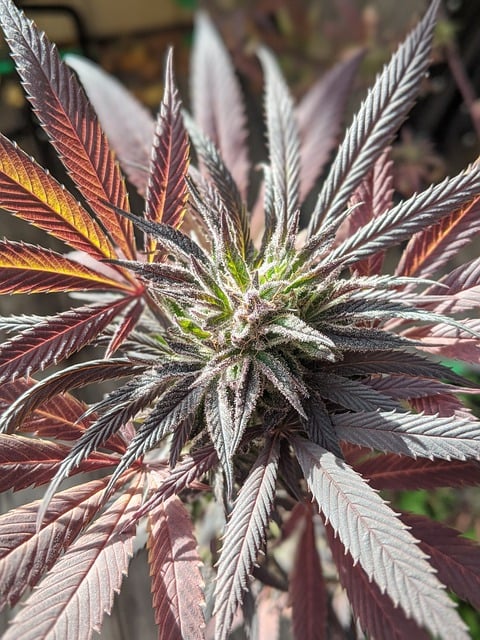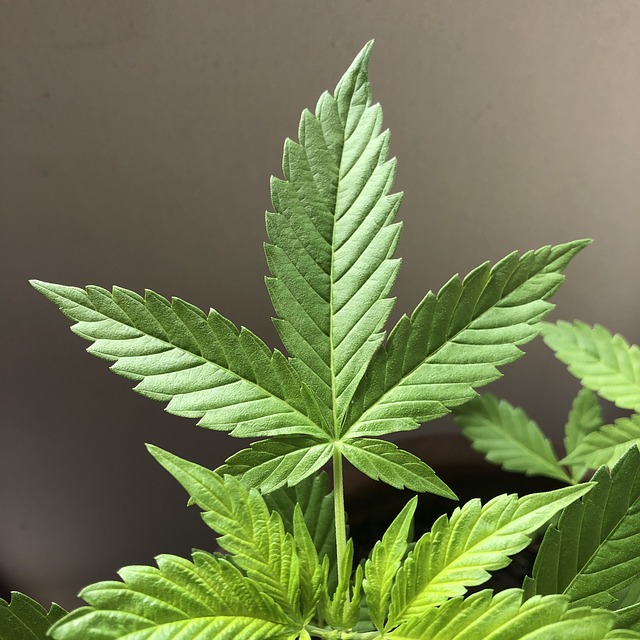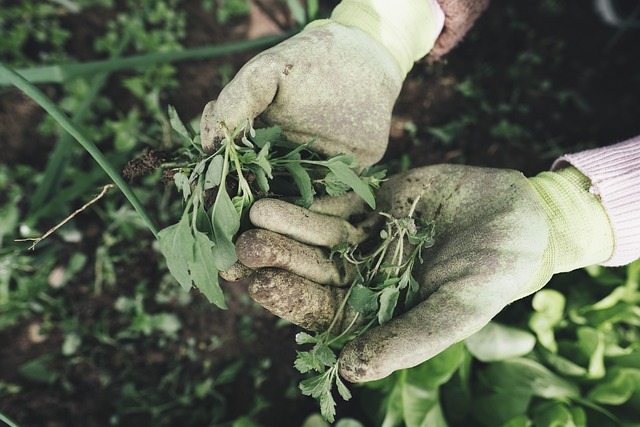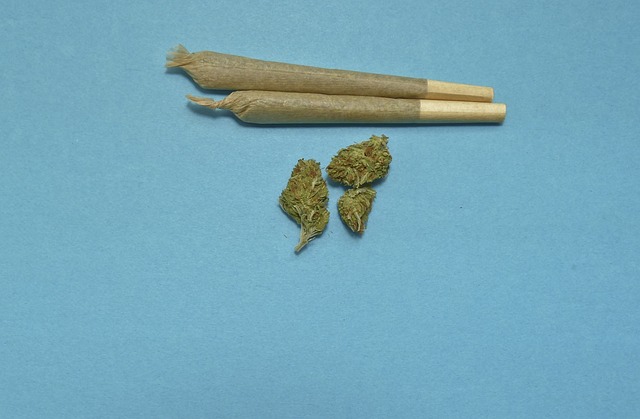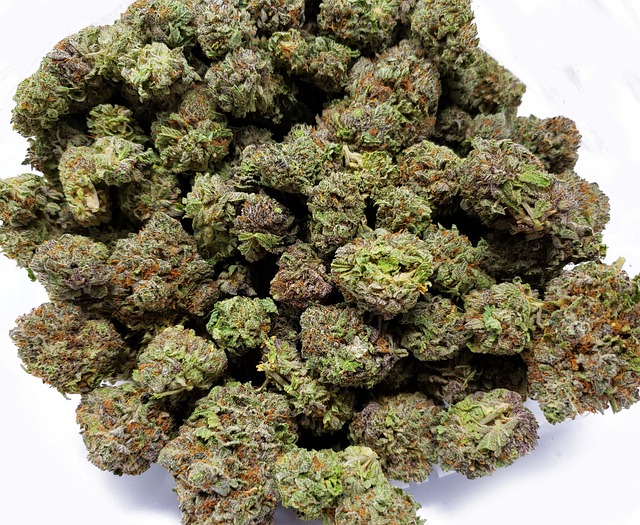THC-Rich Hemp Buds Sale: Unlocking the Potential of a Rising Market
Introduction
In the dynamic realm of cannabis and hemp industries, the term “THC-rich hemp buds sale” has emerged as a significant trend, shaping global markets and attracting attention from entrepreneurs, researchers, and consumers alike. This comprehensive article aims to delve into the multifaceted world of THC-rich hemp bud sales, exploring its definition, impact, economic implications, technological innovations, regulatory landscape, and future prospects. By examining these aspects, we will uncover the critical role this market plays in driving industry growth, addressing concerns, and offering valuable insights for stakeholders worldwide.
Understanding THC-Rich Hemp Buds Sale
Definition:
THC-rich hemp buds sale refers to the commercial transaction and distribution of cannabis sativa plants that have been selectively bred to possess a high concentration of Tetrahydrocannabinol (THC), the primary psychoactive compound responsible for the plant’s characteristic ‘high’. These hemp buds, or flower clusters, are sought after for their potential therapeutic benefits, aromatic properties, and unique chemical compositions.
Core Components:
- Hemp Strain Selection: The process begins with breeding and cultivating specific hemp varieties known for their high THC levels while maintaining or enhancing other desirable traits like CBD (Cannabidiol) content, terpene profiles, and flavor notes.
- Harvesting and Drying: Buds are carefully harvested at the peak of maturity, followed by proper drying to preserve their potency and quality.
- Testing and Quality Assurance: Comprehensive testing is crucial to verify THC concentration, ensure product safety, and meet legal standards. This includes analyzing cannabinoid profiles, residual solvent levels, and microbiological content.
- Packaging and Distribution: Specialized packaging methods are employed to maintain bud freshness, aroma, and potency during transportation and storage.
Historical Context:
The modern wave of THC-rich hemp buds sales has its roots in the global cannabis legalization movement. As more countries and states have lifted restrictions on cannabis use, both medicinally and recreationally, there has been a growing interest in exploring the diverse compounds within the plant. Hemp, with its low THC levels (typically below 0.3%) as mandated by law in many places, has gained attention for its industrial applications, including fiber, oil, and protein production. However, the recent focus on THC-rich hemp buds leverages the potential therapeutic benefits of cannabis while adhering to legal guidelines.
Global Impact and Trends
International Influence:
The global THC-rich hemp buds sale market is experiencing rapid expansion, driven by evolving consumer preferences, changing legislation, and increasing awareness of cannabis-based therapies. North America, Europe, and parts of Asia-Pacific are leading the charge, with countries like Canada, Germany, and several U.S. states adopting favorable policies.
Regional Trends:
- North America: The United States, in particular, has witnessed a surge in THC-rich hemp bud sales due to state-level decriminalization and medical cannabis laws. Legal frameworks vary across states, influencing product availability and consumer access.
- Europe: Many European countries have embraced medical cannabis, leading to the cultivation and sale of THC-rich products for therapeutic purposes. The Netherlands and Germany are notable examples with well-established hemp industries.
- Asia-Pacific: Countries like Australia and New Zealand have shown promise in the market, with a growing number of licensed producers catering to both local and international demand.
Market Dynamics:
- Online Sales: E-commerce platforms play a significant role in facilitating global THC-rich hemp bud sales, allowing consumers worldwide to access products from various suppliers.
- Local Cultivators vs. International Brands: The market is characterized by a mix of local cultivators offering niche, specialized products and international brands focusing on mass production and distribution.
- Price Variations: THC concentration and product quality significantly impact pricing, with premium, high-THC buds commanding higher prices in regulated markets.
Economic Considerations
Market Dynamics and Growth:
The economic implications of THC-rich hemp buds sales are substantial, contributing to job creation, agricultural diversification, and revenue generation. According to a report by Grand View Research, the global cannabis market size was valued at USD 25.6 billion in 2021 and is expected to expand at a CAGR of 28.3% from 2022 to 2030, with THC-rich products playing a pivotal role.
Investment Patterns:
- Venture Capital: The cannabis industry has attracted significant venture capital investment, including funding for THC-rich hemp bud startups and established companies.
- Stock Exchanges: Publicly traded cannabis companies offer investors exposure to the market’s growth potential, with share prices often reflecting product demand and regulatory changes.
- Government Support: In some countries, government initiatives and incentives encourage agricultural diversification into hemp cultivation, fostering economic development in rural areas.
Impact on Agricultural Economies:
THC-rich hemp bud sales have the potential to revolutionize agricultural practices, especially in regions where traditional crops face challenges due to climate change or market fluctuations. Hemp’s ability to thrive in various environments makes it an attractive alternative for farmers seeking sustainable income sources.
Technological Innovations
Cultivation Techniques:
- Selective Breeding: Advanced breeding techniques allow cultivators to create hemp varieties with specific cannabinoid profiles, ensuring high THC levels while maintaining low levels of psychotropic compounds like CBG (Cannabigerol) that may cause anxiety in some users.
- Soil and Nutrient Management: Optimizing soil conditions and nutrient supplementation can enhance plant growth, increase yields, and elevate cannabinoid concentrations.
- Climate Control: Controlled environment agriculture (CEA) techniques, such as greenhouse cultivation, enable year-round production and precise climate manipulation for optimal bud development.
Harvesting and Processing:
- Precision Harvesting: Machine harvesting is being explored to improve efficiency and reduce labor costs while ensuring high-quality bud collection.
- Decarboxylation Techniques: Innovative methods for decarboxylating hemp buds, a process that converts THC into its active form, include flash heating and microwave technology, improving product consistency.
- Cannabinoid Extraction: Advanced extraction techniques, such as CO2 supercritical fluid extraction, allow for the isolation of specific cannabinoids, enabling the creation of concentrated oils, tinctures, and edibles.
Digital Solutions:
- Blockchain Technology: Blockchain platforms offer transparency and traceability in supply chains, ensuring product authenticity and verifying compliance with regulatory standards.
- Mobile Applications: Apps provide consumers with access to product information, including cannabinoid profiles, terpene compositions, and third-party lab test results, empowering informed purchasing decisions.
- E-commerce Platforms: Online marketplaces facilitate global sales and offer cultivators direct consumer engagement, allowing for personalized product offerings and feedback.
Regulatory Landscape
Legal Status:
The legal status of THC-rich hemp buds varies widely across countries and regions:
- Fully Legal: Some countries, like Uruguay and Portugal, have fully legalized cannabis, including the sale of THC-rich products without restrictions.
- Medical Use: Many nations allow the prescription of cannabis-based medications for specific medical conditions, but sales of recreational THC-rich buds are restricted.
- Prohibited: In places like Saudi Arabia and many African countries, cannabis remains fully prohibited, with severe penalties for cultivation, possession, and sale.
Regulatory Challenges and Considerations:
- THC Concentration Limits: Many jurisdictions set maximum THC limits for hemp products to ensure they remain within the legal definition of hemp (under 0.3% THC) and avoid stricter regulations applicable to cannabis.
- Licensing and Permits: Cultivators, processors, and sellers must obtain licenses and permits from regulatory bodies, ensuring compliance with production, labeling, and distribution standards.
- Lab Testing Requirements: Third-party lab testing is mandatory in many regions to verify product cannabinoid profiles, ensure safety, and meet legal requirements.
- Marketing and Labeling: Clear and accurate labeling is essential, including information about THC content, potential side effects, and recommended dosages.
Consumer Insights and Market Segmentation
Target Demographics:
THC-rich hemp bud sales cater to a diverse range of consumers:
- Recreational Users: Individuals seeking relaxation, pain relief, or cognitive enhancement through cannabis use.
- Medical Patients: Those utilizing cannabis for therapeutic purposes, such as managing chronic pain, anxiety, sleep disorders, and appetite loss.
- Wellness Enthusiasts: Consumers interested in natural health solutions and exploring alternative therapies.
Market Segmentation:
- Product Type: Buds, pre-rolls, vapes, oils, tinctures, edibles, and topicals are popular segments, each appealing to specific consumer preferences and use cases.
- THC Concentration: Products range from low (2-5% THC) to high (10%+ THC), catering to varying customer tolerances and desired effects.
- Brand Image and Marketing: Companies differentiate themselves through brand storytelling, product quality, unique packaging designs, and targeted marketing campaigns, often leveraging social media and influencer partnerships.
Addressing Concerns and Misconceptions
Safety and Quality Assurance:
One of the primary concerns surrounding THC-rich hemp bud sales is consumer safety. Rigorous testing and quality control measures are essential to ensure product safety, potency, and consistency. Regulators play a crucial role in setting standards and monitoring compliance to protect public health.
Addiction and Mental Health:
While cannabis use carries risks, particularly for vulnerable individuals, responsible consumption practices and education can mitigate potential negative effects. Research into the therapeutic benefits of cannabinoids continues to evolve, offering hope for treating various medical conditions.
Environmental Impact:
Sustainable farming practices are essential to minimize the environmental footprint of hemp cultivation. Responsible suppliers prioritize organic farming methods, water conservation, and energy-efficient operations to protect ecosystems and preserve natural resources.
Future Outlook
The global cannabis market, including THC-rich hemp buds, is projected to experience significant growth in the coming years. As public perception shifts, more countries are expected to legalize cannabis or allow medical access, opening up new opportunities for cultivators, processors, and retailers. Technological advancements will continue to shape the industry, improving product quality, efficiency, and accessibility.
Additionally, ongoing research into cannabinoids and their therapeutic applications is likely to lead to innovative product development and expanded medical indications, solidifying cannabis’ place in modern healthcare.

